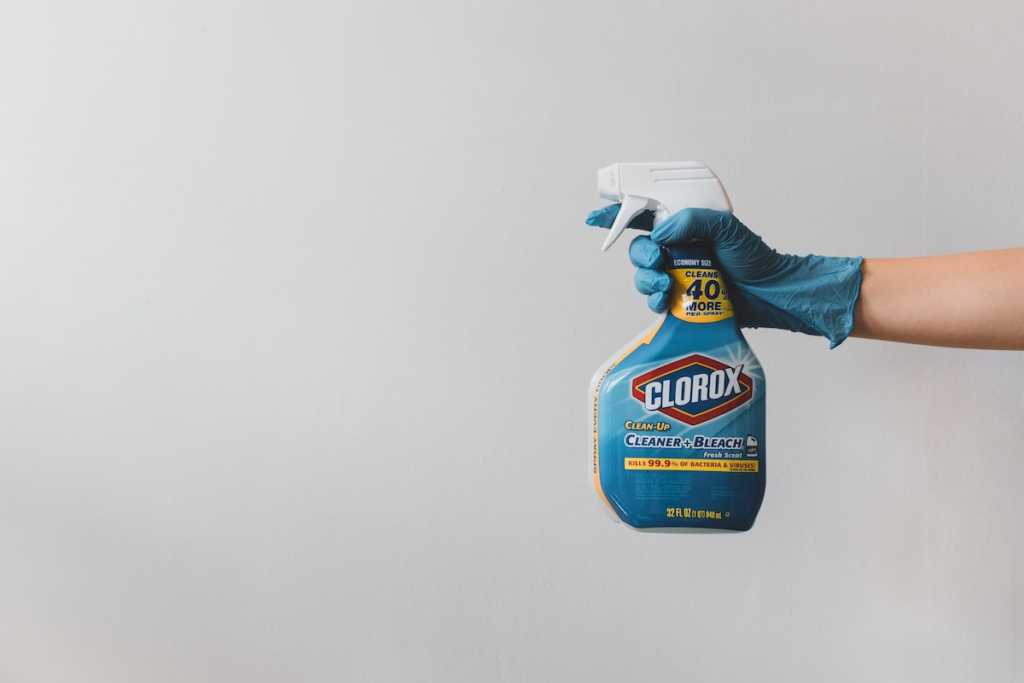Experts with the Centers for Disease Control and Prevention are now saying the coronavirus “does not spread easily” through touching surfaces or objects.
While that doesn’t mean it’s OK to stop cleaning things with disinfectant, it does potentially bode well as states and localities around the country begin the process of reopening following stringent lockdown measures.
On March 28, a CDC guidance stated: “It may be possible that a person can get COVID-19 by touching a surface or object that has the virus on it and then touching their own mouth, nose, or possibly their eyes.” Since then, the government organization has moved “surfaces or objects” to a list of ways in which the virus doesn’t easily spread to people.
The agency noted the virus also does not spread easily between animals to humans, or vice versa.
“COVID-19 is a new disease and we are still learning about how it spreads. It may be possible for COVID-19 to spread in other ways, but these are not thought to be the main ways the virus spreads,” the CDC stated.
It did, however, note that the main way the coronavirus spreads is via person-to-person contact, stating the infection “is spreading very easily and sustainably between people.”
The CDC, however, has argued its position hasn’t changed, because it has always stated the importance of cleaning surfaces and has likewise maintained that person-to-person contact is the main way the virus spreads.
“The fact of the matter is that just because you can detect a virus on a surface doesn’t mean it can actually infect someone,” said Dr. Jen Ashton, chief medical adviser for ABC News. “This latest CDC information is just saying that contact surface transmission [is] not the primary route by which people are getting sick. It’s still through the air via talking, coughing, laughing, singing, sneezing. That’s why those masks or face coverings may be playing such an important role in reducing the spread of this virus.”
While the CDC initially advised against wearing masks, the agency has since changed its opinion, urging people to wear face coverings as they begin venturing out. Wearing masks could slow the spread of the virus by covering the noses and mouths of asymptomatic carriers.



